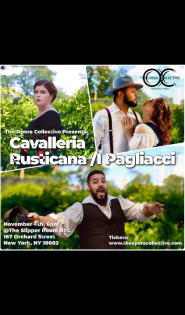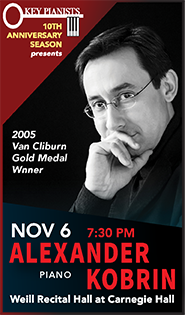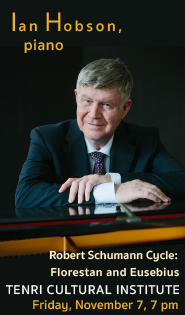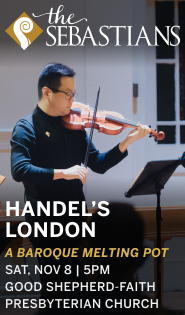Death becomes cryptic venue in premiere of “The Rose Elf”
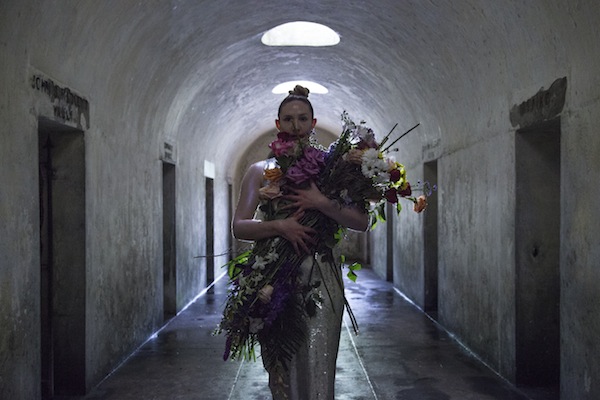
Samantha Hankey in the title role of David Hertzberg’s “The Rose Elf.” Photo: Matthew Placek
The classical music presenter Unison Media, under the slogan “Death of Classical,” has been presenting a series called “The Crypt Sessions” for a few seasons. The draw of those concerts has been the location, the crypt under the Church of the Intercession in Harlem. But there’s been no skimping on the content, which has included programs of old and new music from the likes of pianist Conrad Tao and the avant-garde vocal ensemble Ekmeles.
Death of Classical has now added a new location-based, and similarly sepulchral, series called “The Angel’s Share,” held in the one-of-a-kind setting of the catacombs in Green-Wood Cemetery. Like it’s predecessor, this is much more than an intriguing place to visit—Wednesday night’s inaugural performance was the world premiere of David Hertzberg’s chamber opera, The Rose Elf.
This new opera is based on Hans Christian Andersen’s short fable, The Elf of the Rose. The story is about a tiny elf who lives inside roses, he encounters a pair of young lovers, witnesses the girl’s brother murdering his sister’s paramour, and creates a setting in which flowers avenge that death. Hertzberg seeks to transform this into a poetic music drama with his own slightly abstracted verse libretto and music that for the most part uses color, texture, and atmosphere to set the scene and mood.
This was staged by director R.B. Schlather in the challenging space of the catacombs, a long and narrow corridor lined with three-quarter sized doorways leading to family crypts (this writer sat across from the grand old New York name of Van Rensselaer). The performers—mezzo Samantha Hankey as the Elf, baritone Kyle Bliefield and soprano Alisa Jordheim as the lovers, and bass-baritone Andrew Bogard as the brother—moved up and down the space, within a hand’s reach of the audience lined up on each side.
All the elements of singing, music, staging, and venue often came together with the kind of dark enchantment that seems the goal of this piece. Hertzberg’s vocal lines were consistently melodic and expressive, while also filling in some of the harmonies, and the singing was good for the most part.
Hankey, as the central character, has most of the music, and sang with real fervor, while Bogard made the most of his small part, using a flat, dry timbre that came off as the embodiment of the fraternal sociopath. Jordheim was solid but didn’t leave a strong impression, while Bliefield sounded literally out of place—he tended to force out his sound with an effort that was too much for the narrow confines.
The mood of the opera was often engrossing. There was rarely any clear meter or tempo in the score and that worked hand-in-hand with the poetry of the libretto. It also not only seemed right in the timeless space of the cemetery but it seemed a cemetery or crypt was the proper place for this dark and tragic fable. There were striking moments, like Hanley’s entrance, where, backlit, she stood just outside the entrance to the catacombs and sang like a hovering spirit visiting from another world. The revenge killing was effected by a cloud of flower petals falling from a hole in the ceiling, burying the brother—with this and the environs, fragrance was a notable element.
But there were flaws that held back complete satisfaction. At times Hertzberg abandoned his own language in the score for a kind of faux-Hollywood drama, full or arching, yearning melodies and other clichés. This was done effectively enough, but it felt out of character with the idiom the composer had already established and broke the spell. There was also a stretch in the denouement where there was almost no music, and that put into relief the problems with the venue, ones that Schlachter didn’t completely solve.
The director has shown he likes to have performers and audience at extremely close quarters; the audience’s discomfort with the degree of physical intimacy was palpable. And despite the opera being mostly so right for the catacombs, the conclusion, which was entirely instrumental and without a performer in sight, fell flat.
Still, the opera seemed designed to be only part of the overall experience. “The Angel’s Share” title comes from the term for the bit of whisky that’s lost to evaporation during aging. And so the evening began with a whisky tasting—there are a few distilleries amongst the sponsors—and getting to and from the catacombs themselves meant a leisurely stroll through this evocative cemetery, both at dusk and in the darkness of night. That framed the opera to the work’s advantage and provided a unique pleasure on its own.
The Rose Elf will be repeated at 7:30 p.m. Friday and Sunday. deathofclassical.com
